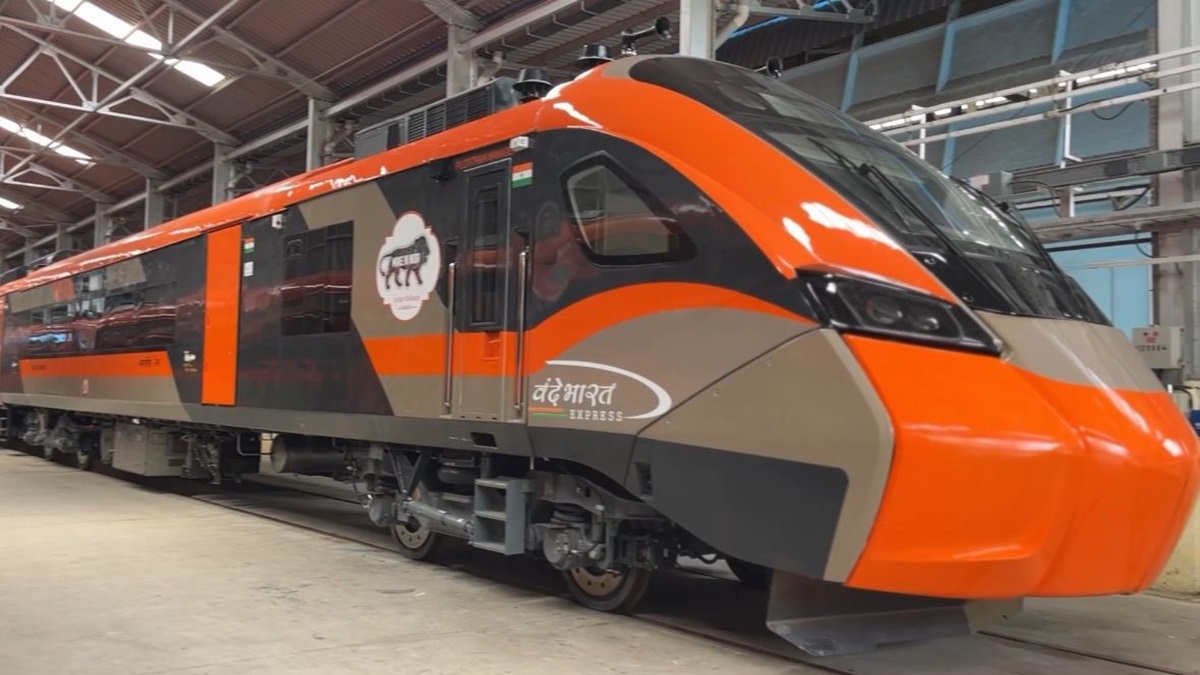Indian Railways is embarking on an ambitious endeavour to connect the nation’s geographical extremities, with the inaugural phase of the Kashmir to Kanniyakumari journey commencing via the Vande Bharat Express from Srinagar to Katra. This pivotal development not only promises world-class rail travel across diverse terrains but also fundamentally aligns with the nation’s vision for zero-net carbon, eco-friendly, sustainable, gender-neutral, and equitable cities, integrating remote regions into India’s progressive urban mobility framework.
The commencement of the Vande Bharat Express service from Srinagar to Katra marks a transformative moment for regional connectivity. Completing the journey in a remarkable three hours and ten minutes, the route showcases India’s prowess in engineering, notably traversing the iconic Chenab Bridge. This high-speed link is set to drastically reduce travel times, enhancing the efficiency of both passenger and potential freight movement, thereby stimulating economic activity and tourism in the Union Territory of Jammu & Kashmir. This improved efficiency is key to reducing transit-related carbon emissions and fostering more sustainable economic ecosystems.
Beyond the technological marvel, the human element of this expanded connectivity is profound. Passengers from across India have already lauded the experience as a “dream come true,” citing the warmth, hospitality, and breathtaking panoramic views along the route. For devotees making the pilgrimage to the revered Mother Goddess shrine, this streamlined rail access provides unprecedented convenience, embodying principles of equitable and gender-neutral accessibility to sacred sites and economic opportunities. Such infrastructure is vital for fostering social cohesion and inclusion across the diverse populace.
The strategic importance of this rail link extends to national resilience. Operating year-round, even amidst Kashmir’s challenging winter conditions, underscores the robust technology and meticulous planning invested in the project. This unwavering operational capability ensures consistent connectivity, crucial for supply chains, emergency services, and the daily lives of residents, irrespective of adverse weather. Such climate-resilient infrastructure is indispensable for building sustainable cities that can withstand environmental shocks, ensuring continuous socio-economic functioning.
The integration of advanced rail technology, epitomised by the Vande Bharat Express, further champions the nation’s commitment to eco-friendly transportation. Electric-powered trains inherently offer a cleaner alternative to road travel, significantly reducing carbon emissions and contributing to improved air quality in urban and rural areas alike. As India continues its journey towards a zero-net carbon future, the expansion and modernisation of its railway network will play a critical role in decarbonising the transport sector, fostering a healthier environment for all citizens.
While the initial phase connects Srinagar to Katra, this segment forms a crucial part of the grand vision to link Kashmir to Kanniyakumari by rail. This pan-Indian connectivity not only symbolises national unity in diversity but also lays down the arteries for balanced regional development, promoting trade, tourism, and cultural exchange across the country. This holistic approach to infrastructure development, prioritising sustainability and accessibility, reinforces India’s resolve to build a future where progress is inclusive, equitable, and harmonised with ecological preservation.
Also Read: Delhi Rail Fare Hike Fuels Green Sustainable City Growth.


